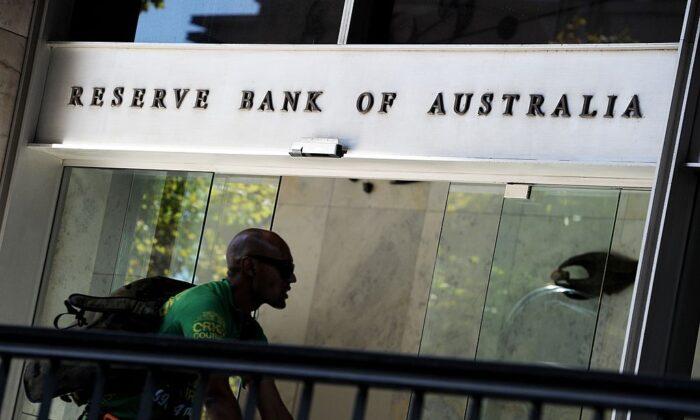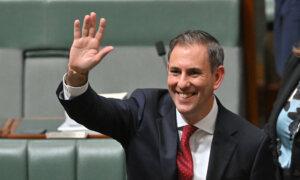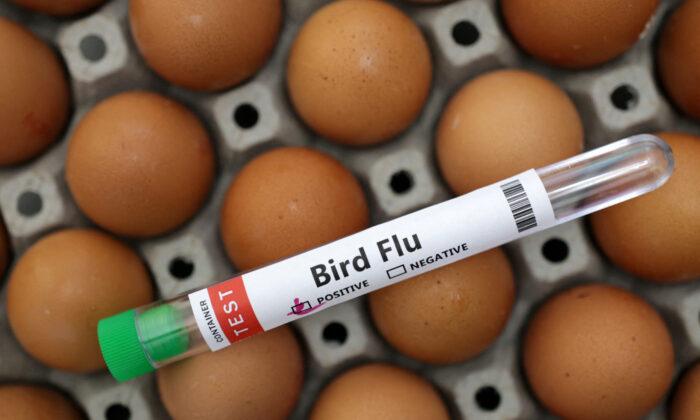High inflation is toxic but sharp deflation caused by excessive interest rate hikes is even worse.
That’s the view of Reserve Bank of Australia (RBA) deputy governor Andrew Hauser, which he shared in his first public appearance as the central bank’s second-in-command.
Most if not all central banks think going hard on rate hikes to cause a recession and bring down inflation was “not a sensible strategy”, Mr. Hauser told the audience at the Sky News Economic Outlook on June 7.
“Because you will bring inflation to target and then you'll keep going.
“There’s one thing more costly than inflation, and that’s sharp deflation.”
His remarks follow a glum set of national accounts for the March quarter, with the economy growing a meagre 0.1 percent as higher interest rates—increased to tame inflation—weighed on activity.
At the same event, Prime Minister Anthony Albanese said Australia was in a better spot than most other advanced economies despite the weak growth report.
“There are a number of countries that are in recession. We are not.”
Formerly of the Bank of England, Mr. Hauser addressed differences in central bank strategy, namely Australia’s conscious choice to bring inflation down at a more gradual pace than its peers to protect job market gains.
He said it was a “slightly different” tactic to some other countries and stemmed from the RBA’s guiding objective to balance full employment and inflation.
Every central bank aims to minimise losses in the labour market while managing inflation, Mr. Hauser said, but Australia had a “particular weight on that strategy.”
“And to be honest, so far that strategy has worked.”
The Bank of Canada and European Central Bank became the first major central banks to cut interest rates this week after two years of restrictive monetary policy.
In Australia, weak growth has most economists predicting the next interest rate move will be down, from 4.35 percent where it has been for several months, but lingering price pressures suggest a long wait for borrowers.
Mr. Hauser said Australians needed assurance when inflation would be back within target, not when interest rates “will be at X, Y or Z.”
“If you’re on low incomes, if you’re on fixed incomes and you’re struggling to make ends meet, inflation is a toxic thing you can’t do anything about.”
The central bank board will continue to monitor incoming data for clues on where to move next, with neither a hike nor a cut ruled out.







